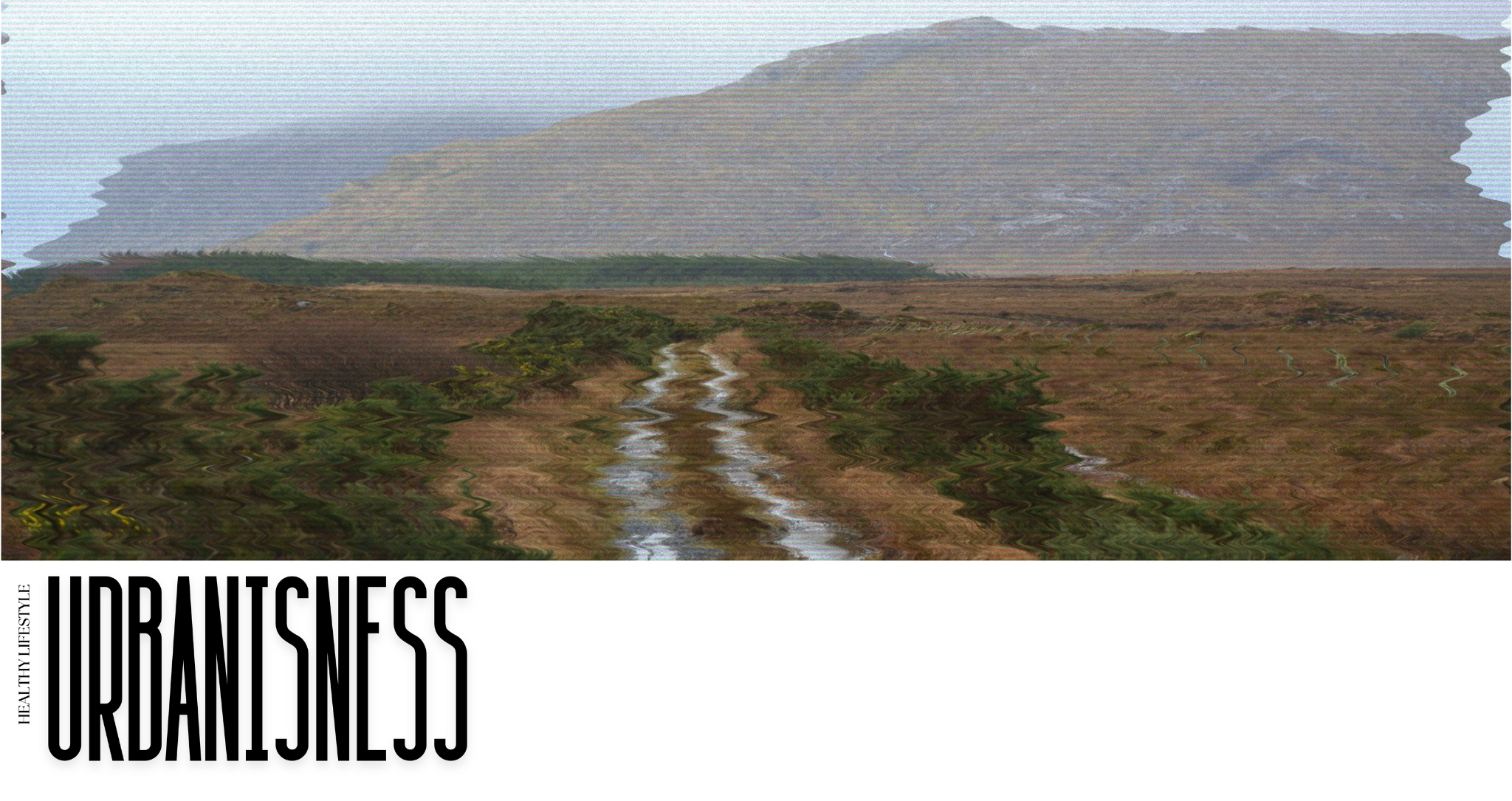Before delving into the circular economy concept, it is important to address the phenomenon of a paradigm shift first. But what exactly is a paradigm? A paradigm, derived from the Greek word meaning “pattern,” “instance,” or “example,” symbolises a fundamental transformation in the core concepts and ideas within a scientific discipline—a process often referred to as a scientific revolution.
Throughout history, numerous pivotal shifts have existed in human perception of the world. These metamorphoses occur when the conventional approach can no longer adequately describe reality, creating a window of opportunity for the emergence of a new concept. However, such changes rarely come without challenges. They frequently cause distress, particularly for those who have invested heavily in the prevailing doctrines and, therefore, must bear the most significant costs when change occurs.
Science, in its pursuit of a comprehensive and objective understanding of the world, is inherently dynamic and cyclical. Each cycle follows a predetermined stage of development, with every paradigm shift facing significant resistance. This resistance stems from the world’s complexity and multifaceted nature, coupled with our human tendency to simplify the things and phenomena around us.
In his book The Happy City, C. Montgomery, referring to the work of the famous anthropologist Claude Lévi-Strauss, writes that humanity falls into the eternal trap of simplifying reality:
“…people have always relied on simplification, metaphor, or history to find meaning in what is happening around them.”
“…ancient people put their knowledge of the world into myths that reflected similar narrative structures: everything was reduced to a system of binary oppositions.”
Today, there is widespread recognition—both nationally and internationally—that the traditional linear economy has reached its limits. Rather than leading to sustainable growth and prosperity, it now guides us toward a dead end. As a result, the circular economy is increasingly seen as a logical and necessary progression in human development.









